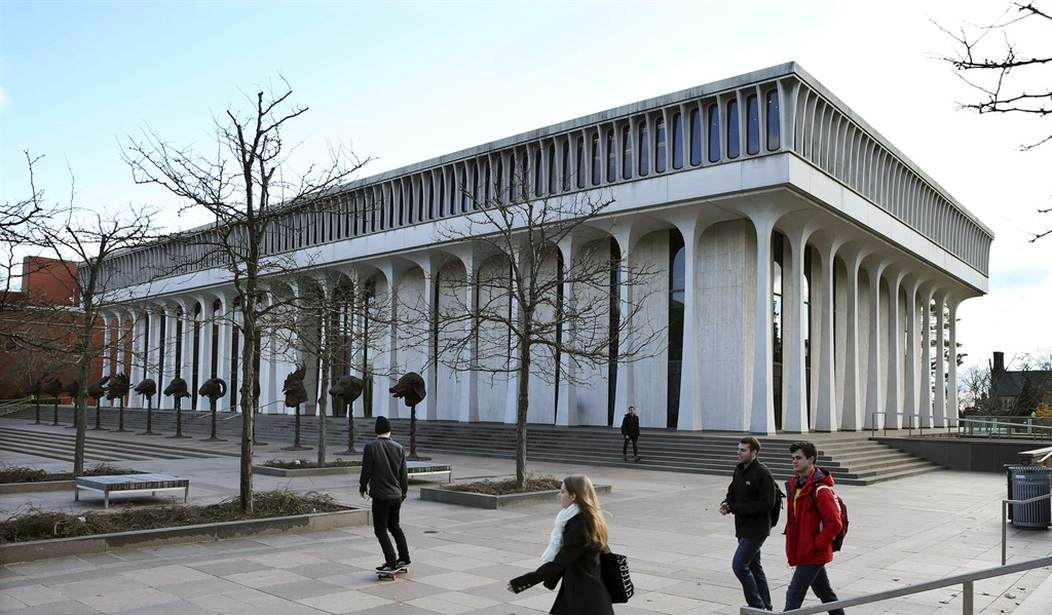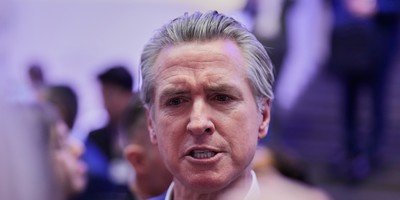Debate over “the future of American education” has reached a fever-pitch of late. But too often these debates resolve nothing, because none of the competing sides can agree even on what “education” means—or should mean. Without initial agreement on this most fundamental question, it’s less than surprising that the resulting disputes generate far more acrimony than mutual understanding.
To remedy this failure to communicate, we can arrive at a definition of education on which all sides will agree: When we speak of education, we are ultimately speaking of the future of our country. Lincoln is said to have offered the following judgment, which supports defining education as “our future.” The statement attributed to Lincoln is this: “The philosophy of the school room in one generation will be the philosophy of the government in the next.” (I’ve never been able to verify that Lincoln was the one who said this; but, no matter, the observation stands by itself.)
So, if by education we are referrinag to what the country will look like in the future, what does our future look like? Ask the students at the prestigious Princeton University, and you will be shocked by their answer. According to a survey of Princeton students conducted by Princetonians for Free Speech, an alumni group, “[t]hree-quarters (76%) of students say it’s always, sometimes, or rarely acceptable to shout down a speaker to prevent them from speaking on campus. By comparison, 44% of students say it’s acceptable to block other students from attending a campus speech in some instances and 16% say the same for using violence to stop a campus speech.”
From where comes such freedom-trashing sentiments? The survey finds that “[m]ore than 4 in 10 (41%) of students somewhat or strongly agree that some Princeton administrators and faculty engage in efforts to indoctrinate students with their personal political beliefs.”
Recommended
Who says students don’t listen to their teachers?! The survey suggests that Princeton’s efforts at indoctrination have borne fruit, with nearly half of the students surveyed defending blocking others from hearing certain speakers.
Given the ideological elements present in the education provided at one of America’s most prestigious universities, what will our future look like? It’s not difficult to predict—if, in fact, “the philosophy of the school room in one generation will be the philosophy of the government in the next.”
Elite schools such as Princeton can be expected to send a disproportionate number of their graduates to high places in law, education, and politics. They will be among the foremost lawyers, professors, university presidents, state and federal representatives, senators, and judges, with a few of them doubtless joining the ranks of our new “technoarchy”—the Silicon Valley oligarchs who have come to hold so much sway over what is considered “news” versus “disinformation.”
In short, Princeton’s graduates are and will likely continue to be among those who are America’s movers and shakers.
In what direction will they move and shake? The survey tells us: If they serve as judges or politicians, we can expect such graduates to be more likely to rule in favor of those who shout down speakers with whom they disagree, in clear violation of the intent of the First Amendment. If they become college professors and then university administrators, they can be expected to hone further Princeton’s (quoting from the survey) “efforts to indoctrinate students.” And if they ascend to the status of techno-oligarch, we can expect more of the suppression of “disinformation” that has been rife among social media outlets for the past few years.
A popular meme tells us that, “the influence of a good teacher can never be erased.”
Might the same be true of the pernicious influence of a bad teacher? Let us hope it is not.
But, if it is true, then Yogi Berra was correct when he observed that “the future ain’t what it used to be.”
Thomas Lindsay, Ph.D., is the distinguished senior fellow for Next Generation Texas, a project of the Texas Public Policy Foundation. He has more than two decades’ experience in education management and instruction, including service as a dean, provost, and college president.

























Join the conversation as a VIP Member